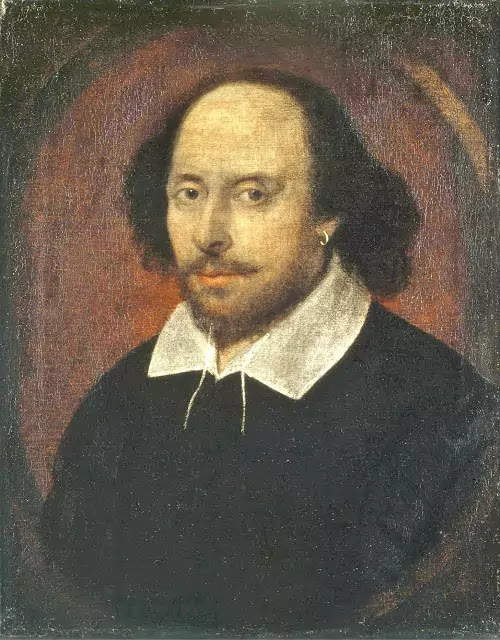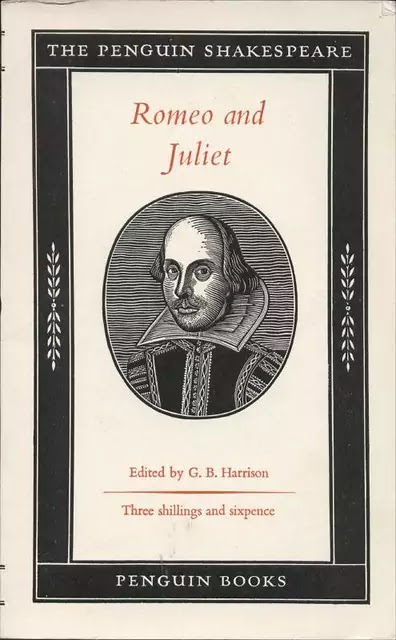William Shakespeare's biography, information, and life story
 |
| William Shakespeare |
William Shakespeare Considered the best English-talking essayist in history and known as England's national writer, William Shakespeare (1564-1616) has had more dramatic works performed than some other writer.
They additionally chase for pieces of information about the life of the man who moves such "bardolatry" (as George Bernard Shaw insultingly called it), a lot of which remains covered in secret naturally introduced to a group of unassuming methods in Elizabethan England, the "Minstrel of Avon" composed in any event 37 plays and an assortment of works, built up the incredible Globe theater and changed the English language.
Shakespeare's Childhood and Family Life William Shakespeare was conceived in Stratford-upon-Avon, a clamoring market town 100 miles northwest of London, and purified through water thereon April 26, 1564.
His birthday is customarily celebrated on April 23, which was the date of his demise in 1616 and is the banquet day of St. George, the supporter holy person of England.
Shakespeare's dad, John, fiddled with cultivating wood exchanging, tanning, leatherwork, cash loaning, and different occupations; he likewise held a progression of city positions before falling into obligation in the late 1580s.
The yearning child of a sharecropper, John helped his societal position by wedding Mary Arden, the little girl of a noble landowner. Like John, she may have been a rehearsing Catholic when the individuals who dismissed the recently settled Church of England confronted abuse.
Did you know? Sources from William Shakespeare's lifetime spell his last name over 80 distinct ways, extending from "Shappere" to "Chamber." In the bunch of marks that have endured, he never spelled his name "William Shakespeare," utilizing varieties, for example, "Willm Shakspere" and "William Shakspeare." William was the third of eight Shakespeare kids, of whom three kicked the bucket in adolescence.
Even though no records of his instruction endure, almost certainly, he went to the very much respected neighborhood punctuation school, where he would have considered Latin language structure and works of art.
It is obscure whether he finished his examinations or surrendered them as immature to disciple with his dad.
At 18, Shakespeare wedded Anne Hathaway (1556-1616), a lady eight years his senior, in a function thought to have been hurriedly organized because of her pregnancy. A little girl, Susanna, was brought into the world under seven months after the fact in May 1583.
Twins Hamnet and Judith followed in February 1585. Susanna and Judith would live to mature age, while Hamnet, Shakespeare's just child, kicked the bucket at 11. Concerning William and Anne, it is accepted that the couple lived separated for a large portion of the year while the troubadour sought after his composition and theater vocation in London.
It was not until a mind-blowing finish that Shakespeare moved back in with Anne in their Stratford home. Shakespeare's Lost Years and Early Career To the consternation of his biographers, Shakespeare vanishes from the chronicled record between 1585 when his twins' immersion was recorded, and 1592 when the dramatist Robert Greene reprimanded him in a flyer as an "upstart crow" (proof that he had just become famous on the London stage).
What did the recently wedded dad and future abstract symbol do during those seven "lost" years? Antiquarians have hypothesized that he filled in as a teacher, considered law, traversed mainland Europe or joined an acting troupe that was going through Stratford.
As indicated by one seventeenth-century account, he fled his old neighborhood after poaching deer from a nearby government official bequest. Whatever the appropriate response, by 1592, Shakespeare had started filling in as an entertainer, wrote a few plays, and invested enough energy in London to expound on its geology, culture, and various characters with the incredible position.
Indeed, even his most punctual works show information on European undertakings, and outside nations, commonality with the regal court, and general knowledge that may appear to be out of reach to a youngster brought up in the areas by likely ignorant guardians. Hence, a few scholars have recommended that one or a few creators wishing to cover their actual character utilized the individual of William Shakespeare as a front.
Most researchers and artistic students of history excuse this theory, albeit many speculate Shakespeare now and then teamed up with different dramatists. Shakespeare's Plays and Poems Shakespeare's first plays, accepted to have been composed previously or around 1592, envelop every one of the three of the principle sensational classification in the poet's oeuvre: disaster ("Titus Andronicus"); satire ("The Two Gentlemen of Verona," "The Comedy of Errors" and "The Taming of the Shrew"); and history (the "HenryVI" set of three and "Richard III"). Shakespeare was likely associated with a few diverse performance center organizations when these early works appeared on the London stage.
In 1594 he started composing and representing a troupe known as the Lord Chamberlain's Men (renamed the King's Men when James I named himself its benefactor), at last turning into its home dramatist and joining forces with different individuals to build up the incredible Globe theater in 1599.
Between the mid-1590s and his retirement around 1612, Shakespeare wrote the most renowned of his 37 or more plays, including "Romeo and Juliet," "A Midsummer Night's Dream," "Hamlet," "Lord Lear," "Macbeth" and "the tempest."
 |
| Romeo and Juliet Written by - William Shakespeare |
As a screenwriter, he is known for his successive utilization of measured rhyming, thoughtful talks, (for example, Hamlet's universal "Tobe, or not to be" discourse) and keen wit.
His works weave together and rehash dramatic shows going back to antiquated Greece, highlighting arranged throws of characters with complex minds and significantly human relational clashes.
A portion of his plays—quite "All's Well that Ends Well," "Measure for Measure," and "Troilus and Cressida"— are described by moral vagueness and jolting movements in tone, opposing, much like life itself, order as absolutely lamentable or comic.
Additionally associated with his non-sensational commitments, Shakespeare distributed his first account sonnet the sexual "Venus and Adonis," intriguingly devoted to his dear companion Henry Wriothesley, Earl of Southampton—while London theaters were shut because of a plague flare-up in 1593.
The numerous reprints of this piece and a subsequent sonnet, "The Rape of Lucrece," indicate that during his lifetime, the troubadour was mainly prestigious for his verse. Shakespeare's renowned assortment of poems, which address subjects running from adoration and sexiness to truth and excellence, was imprinted in 1609, potentially without its author's assent.
It has been proposed that he planned them for his cozy circle just, not the overall population. Perhaps in view of their unequivocal sexual references or dim passionate character, the poems didn't appreciate similar accomplishments in Shakespeare's prior expressive works.
Shakespeare's Death and Legacy Shakespeare kicked the bucket at age 52 of obscure causes on April 23, 1616, leaving the greater part of his bequest to his little girl Susanna.
Anne Hathaway, who outlasted her significant other by seven years, broadly got his "second-best bed." The slab stone over Shakespeare's tomb, situated inside a Stratford church, bears a commemoration composed, some state, by the poet himself avoiding grave looters with a revile: "Favored be the man that saves these stones, And reviled be he that moves my bones."
His remaining parts still can't seem to be upset, despite solicitations by archeologists quick to uncover what killed him. In 1623, two of Shakespeare's previous associates distributed an assortment of his plays, generally known as the First Folio.
In its introduction, the producer Ben Jonsoncomposed of his late contemporary, "He was not of an age, yet forever." Indeed, Shakespeare's plays keep on gracing stages and resound with crowds far and wide and have yielded an immense range of film, TV, and showy adjustments.
Moreover, Shakespeare is accepted to have impacted the English language more than some other author ever, instituting or, at any rate, promoting terms and expressions that still normally crop up in ordinary discussion.
Models incorporate the words "chic" ("Troilus and Cressida"), "unctuous" ("Measure for Measure"), "eyeball" ("A Midsummer Night's Dream") and"dreary" ("As You Like It"); and the articulations "inevitable end product" ("Othello"), "ina sticky situation" ("The Tempest"), "pointless pursuit" ("Romeo and Juliet") and "one singular motion" ("Macbeth").





0 Comments
if you have any doubts,please let me know